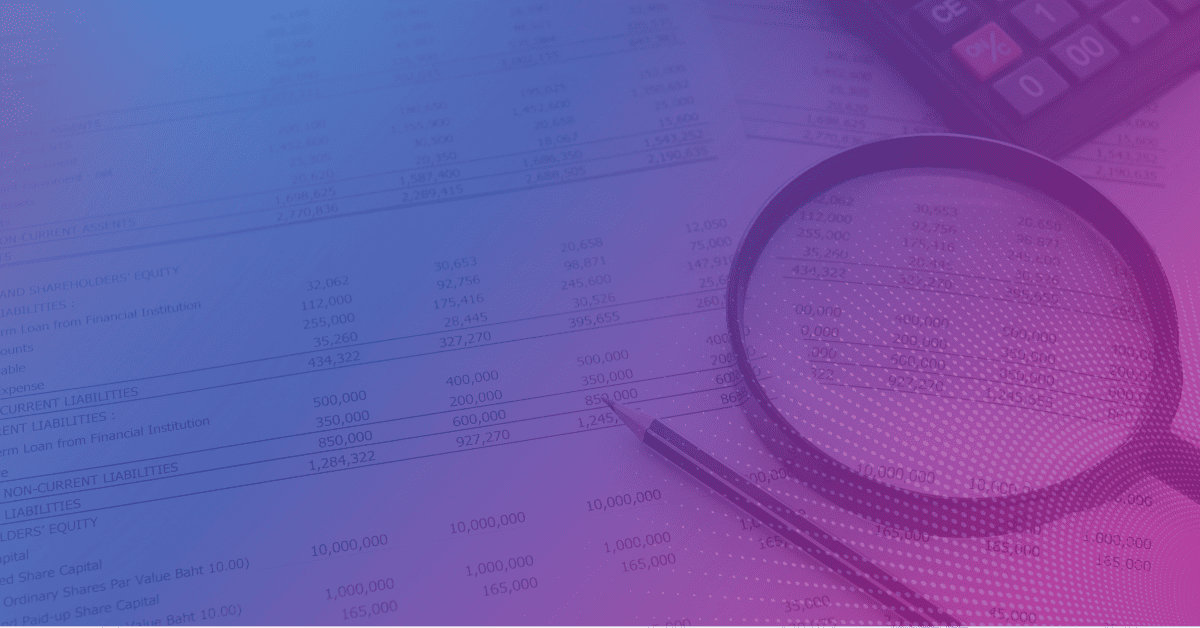Beneficial Ownership refers to the individuals who ultimately own or control a company, even if their names do not appear on official documents. This concept is central to understanding the ownership structure of businesses and identifying potential risks or conflicts of interest. Beneficial Ownership registries and business filings are more than mere corporate formalities; they are the bedrock of transparency and accountability in the business world. This guide delves into Beneficial Ownership, anti-money laundering efforts, EU (European Union) public registers, and compliance with BODS (Beneficial Ownership Data Standards) set by Open Ownership.
Historical Perspective
The journey towards Beneficial Ownership transparency began in the 1990s, focusing initially on criminal cash from drugs. The FATF (Financial Action Task Force) 2003 recommendations marked a significant turning point, introducing the concept of Beneficial Ownership as a central part of anti-money laundering efforts.
The Birth of an Idea
Following the 9/11 attacks, global measures shifted to expose and prevent terrorism financing. By 2012, reforms reflected a growing recognition that laws and standards were insufficient. Attention shifted to turning processes of Beneficial Ownership identification, registration, and information-sharing into real-world effects.
The Role of Registries
Registries serve as repositories of information where companies must register their details, including their ownership information. These databases enable authorities to access accurate and reliable company data, making tracking and investigating suspicious activities easier.
EU Public Registers and Privacy Concerns
In 2015, the European Union's fourth anti-money laundering directive obliged member states to set up beneficial ownership registers. However, some public registers in the EU were made private or by permission only in terms of access amidst privacy concerns, balancing transparency with individual privacy rights.
Creating Registers Compliant with BODS Standards
Compliance with Beneficial Ownership Data Standard (BODS) ensures interoperability across registers, standardized data reporting, and access. This makes it easier to see a global picture of beneficial owners. This is not merely a matter of adhering to rules; it is about fostering a global ecosystem of transparency and accountability.
Here's how registers are created to comply with BODS standards, enhancing interoperability, data reporting, and access:
Interoperability Across Registers
BODS standards ensure that different registers across various jurisdictions can communicate and exchange information seamlessly. This interoperability is achieved through standard data formats and protocols, allowing registers to "speak the same language." It enhances the global understanding of ownership structures, facilitates cross-border investigations, and ensures that information is consistent and comparable across different regions.
Access and Global Picture
Standardized access to beneficial ownership information is a critical aspect of BODS compliance. It involves creating secure and user-friendly platforms allowing various stakeholders, including governments, financial institutions, and law enforcement agencies, to access the necessary information. Access controls are carefully designed to balance the need for transparency with privacy and security concerns. This ensures people can access the correct information at the right time without compromising sensitive details. Standardizing access, interoperability, and standardized data reporting make it easier to see a global picture of beneficial owners. It provides a comprehensive view of ownership structures, revealing connections, patterns, and potential risks that might remain hidden.
Implementation and Support
Creating registers that comply with BODS standards involves a collaborative approach, engaging various stakeholders, including government agencies, technology providers, legal experts, and civil society. It requires careful planning, robust technology infrastructure, ongoing support, and continuous monitoring and improvement.
Open Ownership provides guidance, tools, and support to help jurisdictions implement BODS-compliant registers. This includes technical assistance, training, and access to a community of experts and practitioners committed to advancing beneficial ownership transparency.
Compliance with BODS standards is not a one-size-fits-all solution; it is a flexible and adaptable framework that recognizes different jurisdictions' unique needs and challenges. It provides a clear roadmap for creating transparent, reliable, and effective beneficial ownership registers, contributing to a global effort to combat money laundering, corruption, and financial crimes. By embracing BODS standards, jurisdictions can join a growing global movement towards transparency and accountability, building trust, enhancing governance, and creating a level playing field for businesses worldwide.
Anti-Money Laundering Efforts
In the wake of financial crises and scandals, regulators, banks, and governments began to recognize how unregistered and unmanaged ownership of wealth was impacting global financial stability. The EU's fifth anti-money laundering directive in 2018 emphasized enforcement and coordination, focusing on written rules to reform processes and work cultures.
Importance of Business Filings
Business filings involve submitting various legal documents and reports by companies to regulatory agencies. These filings provide detailed information about a company's financials, operations, and ownership structure. They are essential for assessing a company's compliance with laws and regulations and conducting due diligence checks.
Global Momentum
Making more of this information available helps solve issues around corporate accountability and illicit financial flows. Registers of Beneficial Ownerships are gaining momentum globally, with over 100 countries committed to implementing reforms.
Foundational features of a Beneficial Ownership Register
There are a number of registry aware 'must have' features that a Beneficial Ownership Register requires to function successfully. Capabilities such as: a full set of historical data of transactions in the register and being able to provide a snapshot of any data and records for any given time are table stakes for legislative compliance.
These features and others often pass unknown to the public and owners submitting their details. They are nevertheless vital in ensuring data integrity and trust in the register.
From an owner and end user perspective, here are just three features that help to simplify a user's experience:
Search for Beneficial Owners
Enables the ability to search for beneficial owners by name or identifier, including advanced search criteria like Governing Legislation, Status, Address, and Registration Date.
Update and Correct Beneficial Owner Details
Authorized users can update details of the Beneficial Owner and their interests. There is also a provision for an ad-hoc correction of registry data that has been previously approved, ensuring that the data recorded on the register is correct.
Merge and Cease Beneficial Owner
In the event of multiple instances of the same individual or other entities, their records can be merged into a single set. A Beneficial Owner's association can be ceased with the parent entity, including end and start dates.
Conclusion
Beneficial Ownership transparency has evolved significantly, driven by international efforts, regulations, and technological advancements. Integrating anti-money laundering measures, adopting EU public registers, and complying with BODS standards have all contributed to a more transparent and accountable corporate environment.
With its complex structures and global reach, industry and Government must embrace these mechanisms to lead the way in corporate responsibility, transparency, and integrity. By understanding the history, current practices, and future directions of Beneficial Ownership, Registry Administrators can contribute to shaping a more transparent and accountable future.
This guide highlights the importance of Beneficial Ownership, anti-money laundering efforts, EU public registers, and BODS standards. It underscores the need for continued commitment to these principles to foster a more transparent and accountable corporate landscape aligned with global efforts to tackle money laundering and enhance financial integrity.
This guide is part of our series, ‘The Simple Guide to Registers’ offers an overview of the importance of partnering with a trusted Registry vendor in the context of global transparency, anti-money laundering efforts, and standardization, providing insights and guidance for professionals navigating this complex landscape.



